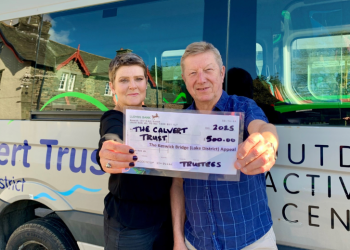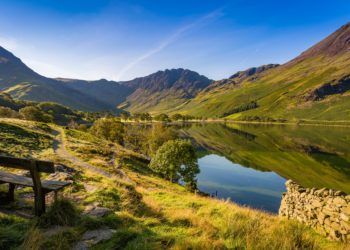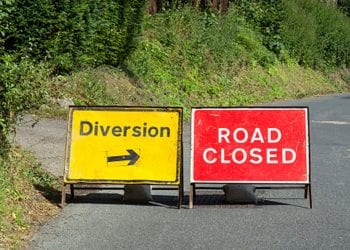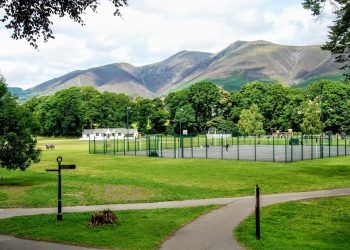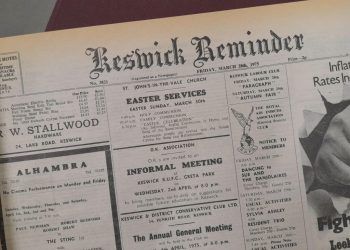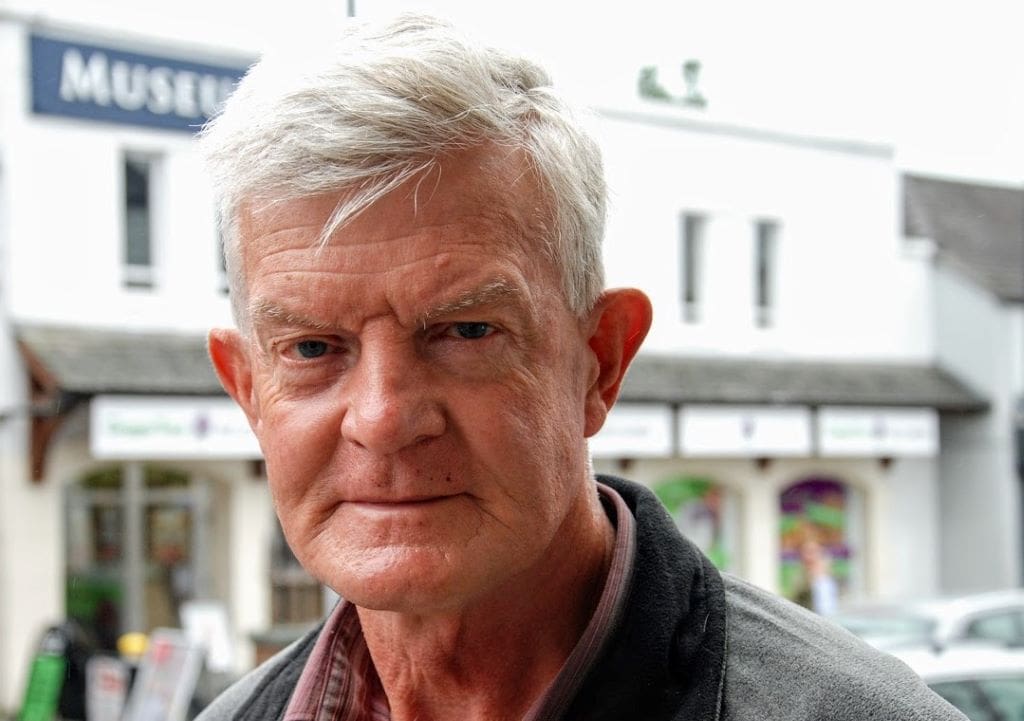
Calls to crack traffic jams in the Lake District with an “eco-levy” congestion charge have stalled after highways bosses jammed the brakes on the idea.
Highways authority Cumbria County Council and the Lake District National Park Authority have failed to support calls by the Friends of the Lake District to carry out a feasibility study on radical solutions for traffic and travel.
After a summer of car chaos in places such as Keswick, the landscape charity wanted urgent research commissioned to test the water on public appetites towards wide-ranging but controversial traffic management initiatives.
These included an “eco-levy” — which would see motorists charged for driving into some busy areas at certain times with the income then bankrolling a range of sustainable transport initiatives such as buses, cycling and walking.
It also wanted to test responses to what would be radical measures for the Lake District such as introducing valley closures at certain times of the year.
Access would be kept open to residents, workers and guests — but see tourists having to use regular shuttle buses at certain times between Keswick and Borrowdale, said FoLD.
The measures would mirror some of the actions taken in Snowdonia – Wales’ largest national park – which has taken steps in the wake of last summer’s staycation crush.
Parking is now banned in some beauty spots with people now having to park at Llanberis at the foot of Snowdon, and being ferried by bus to Pen-Y-Pass – a gateway route to the peak.
Earlier this year, Keswick Town Council member Paul Titley said traffic levels in Keswick had reached the stage where a charge for driving into the Lake District needed to be properly explored by the transport authorities.
But the county council has confirmed it had no plans to look at a congestion charge, while pledges from the Lake District National Park over its commitment to sustainable travel initiatives do not go far or quickly enough for local environmental campaigners.
Cumbria Tourism too said this week it did not support an eco-levy and suggested that the problems this and last summer are not representative of a traditional season and should be seen in isolation as a result of the pandemic.
Reacting to the decision not to commission a study, Councillor Titley said that the traffic woes seen in the town this year were a “predictor” of what is coming in the summers ahead and the county needed to grasp the nettle.
As a car driver, walker and cyclist, he stressed that he was neither anti-motorist or business, but believed the county council was “shirking its duty” by not committing to a “proper analysis”.
Cumbria Tourism was echoing the concerns of “small and big business” and traffic was an issue that should not be “too difficult to talk about,” said Coun Titley.
“The only thing I am anti is a blank no from the county council over an issue as a serious as this. We have declared a climate emergency in Keswick and the traffic levels have been abnormal.”
Cllr Titley said businesses were justifiably concerned about the measures being too draconian.
But he said that concern is not borne out by any official data or evidence about what visitors think of existing bus services or the traffic experience, and he was prepared to be proved wrong.
Any shake-up on roads throughout the Lake District would require county council endorsement and would need to be contained within its transport plan, which is why any reluctance on the authority’s behalf is a significant blow for those pressing for change..
Jill Perry, secretary of Allerdale and Copeland Green Party, said the need to reduce dependency on car use had never been more urgent and criticised the apparent unwillingness to make changes now.
“This is most definitely a case of not recognising the seriousness of the problem of car use,” said Ms Perry.
“We are shocked that both the county council and the national park authority fail to realise that we have to get people out of their cars. The fact that congestion has been really serious these past two years because of staycationers should have kickstarted action.”
Traffic pressures on the Lake District are unlikely to remain off the agenda as the Friends of the Lake District remain concerned that the system is “not working”.
It also has serious concerns about how the Lake District National Park can meet climate change obligations to cut carbon emissions within a World Heritage Site.
The park itself recognising that car use is a “significant contributor” to its carbon budget.
FoLD believe that without taking a tougher line on transport and travel, the park partnership may end up this autumn setting itself reduction targets for the future that it cannot hope to meet without urgent measures to tackle car dependency.
Dr Kate Willshaw, policy officer with the FoLD, said: “There are ways of managing traffic that won’t stop people enjoying and visiting the Lake District that will actually make life nicer for everyone.
“We are trying to encourage people to get on buses but unfortunately the sheer weight of personal car vehicle traffic is actually causing the bus system to fail.
“It’s not working,” she said. “You are supposed to be in a national park to enjoy the beauty and the walking and you are stuck in a traffic jam that’s as bad as it would be in London.
“There needs to be a real and long hard look at how traffic at peak periods is managed and we are not doing it very well.”
This summer’s call came at the height of chaos on local roads after lockdown and the inevitable rising CO2 levels across the World Heritage Site.
It followed reports of narrow rural roads blocked by double parkers, and paramedics and Keswick Mountain Rescue being delayed due to a roadside free-for-all, with bus company Stagecoach pulling the plug on bus services in the Catbells area.


